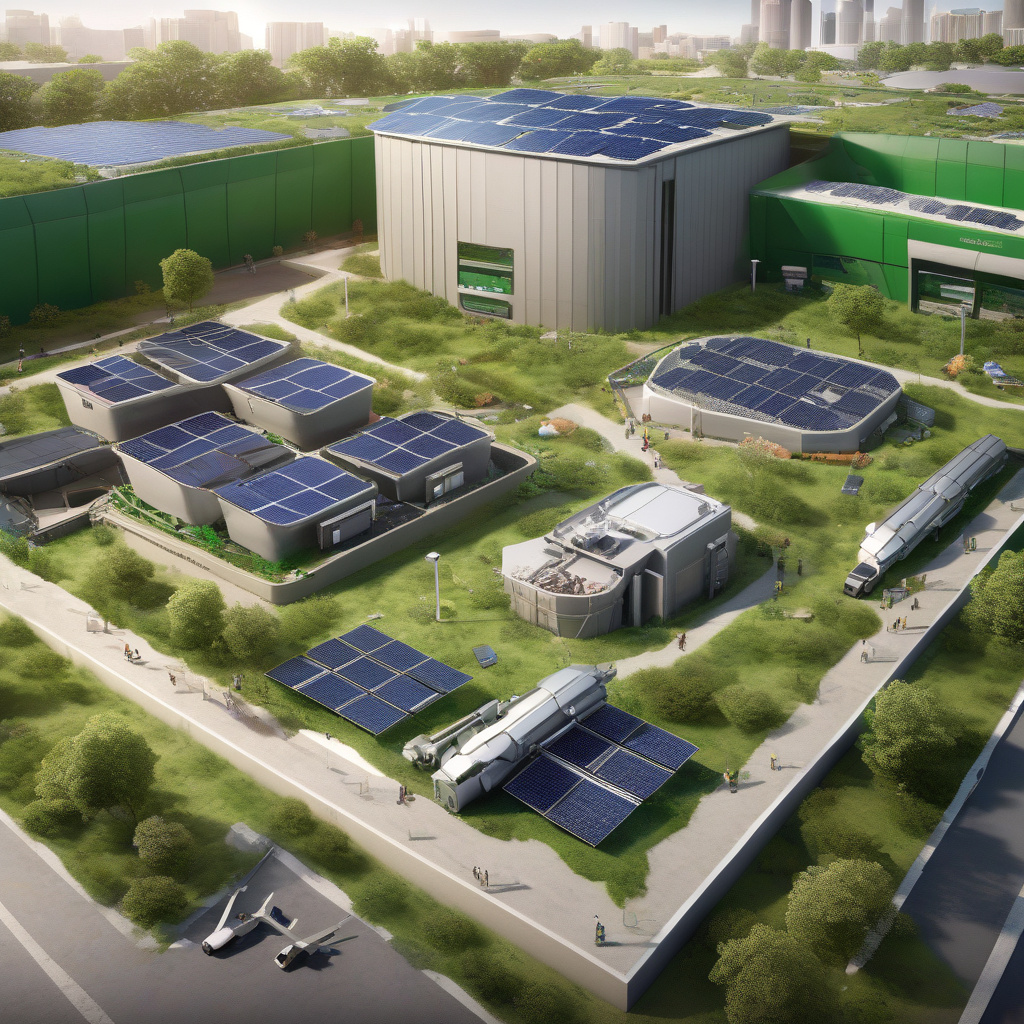In today’s fast-paced world, innovation is key across all industries, including waste management. The integration of modern technology in waste management practices has revolutionized how we handle and process waste, leading to more efficient and sustainable solutions. From smart bins to advanced sorting systems, technology is reshaping the landscape of waste management for the better.
One of the most remarkable advancements in waste management technology is the implementation of smart bins. These bins are equipped with sensors that can detect the level of waste inside them in real-time. By using Internet of Things (IoT) technology, these smart bins can alert waste management teams when they need to be emptied, optimizing collection routes and reducing unnecessary pickups. This not only saves time and money but also contributes to a more environmentally friendly approach by reducing fuel consumption and carbon emissions.
Moreover, advanced sorting systems powered by artificial intelligence (AI) have significantly improved the efficiency of waste sorting processes. These systems utilize machine learning algorithms to identify and separate different types of materials, such as plastics, glass, and metals, with a high degree of accuracy. By automating this labor-intensive task, waste management facilities can increase recycling rates and reduce contamination in recycling streams, ultimately leading to a more sustainable waste management ecosystem.
Additionally, drone technology is being leveraged in waste management to monitor and assess landfill sites. Drones equipped with high-resolution cameras can provide real-time data on landfill capacity, waste distribution, and potential environmental risks. This data enables waste management authorities to make informed decisions about waste disposal and landfill management, ensuring compliance with regulations and minimizing the impact on surrounding ecosystems.
Furthermore, blockchain technology is being explored as a means to enhance transparency and traceability in waste management processes. By recording transactions and movements of waste materials on a decentralized ledger, blockchain can help prevent illegal dumping, track the origin of waste, and ensure proper disposal practices are followed. This level of transparency not only promotes accountability but also fosters trust among stakeholders in the waste management supply chain.
In conclusion, the integration of innovative modern technology in waste management is paving the way for a more sustainable and efficient approach to handling waste. From smart bins to AI-powered sorting systems, technology is revolutionizing the industry and driving positive change towards a greener future. By embracing these technological advancements, waste management professionals can better manage waste streams, increase recycling rates, and minimize the environmental impact of waste disposal. As technology continues to evolve, the possibilities for transforming waste management practices are endless, offering exciting prospects for a cleaner and more sustainable planet.

